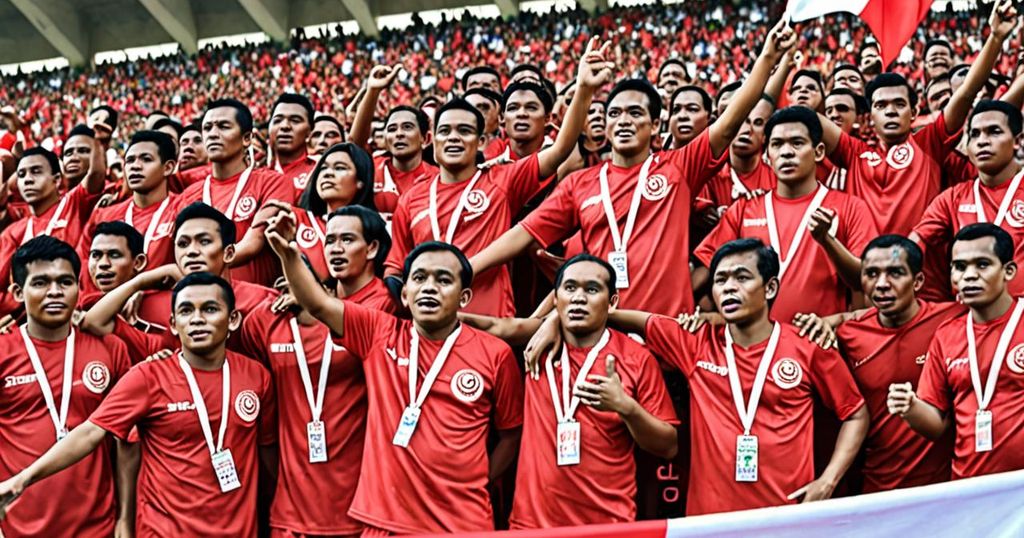The football culture in Indonesia has been deeply impacted by the tragic events that transpired at Kanjuruhan Stadium in Malang, East Java, resulting in the loss of 135 football fans. The calamity was the result of longstanding issues in Indonesian football and has caused immense grief and injuries among those affected.
The loyal supporters of Arema FC, renowned for their unwavering devotion, were shaken by the violence that erupted after a match, leading to fatalities and widespread chaos. What should have been a unifying and celebratory occasion turned into a scene of immense tragedy, leaving a lasting impact on the football community in Indonesia.
Following the events, ongoing legal proceedings and investigations have been initiated to bring justice to the victims and their families. The National Commission on Human Rights of Indonesia reported that an estimated 45 rounds of tear gas were discharged inside the stadium, resulting in numerous fatalities due to a lack of oxygen and a stampede as fans attempted to escape through locked and partially open exit gates.
In the wake of this tragedy, there has been a resounding demand for reform in Indonesian football. Various stakeholders, including FIFA President Gianni Infantino and the Football Association of Indonesia (PSSI), have pledged to collaborate on implementing comprehensive safety measures for stadiums nationwide. However, considerable effort is required to address underlying issues such as hooliganism, police violence, stadium safety, mismanagement, and corruption.
The deep-rooted passion for football in Indonesia creates a complex environment. The devotion and commitment exhibited by fans are unparalleled, yet they have been tarnished by incidents of violence, often fueled by long-standing rivalries between clubs. Efforts to rectify the state of Indonesian football are met with hurdles such as internal corruption within the PSSI and the necessity for significant cultural and infrastructural reforms.
While the tragic events at Kanjuruhan Stadium have spurred discussions about the future of Indonesian football, there is a tangible need for long-term measures prioritizing safety and accountability. Rebuilding trust and ensuring the safety of all individuals attending matches are of utmost importance. Authorities, clubs, and fans must collaboratively work toward establishing a new era of transparency and security in Indonesian football.
As the families of the victims continue to seek closure and justice, attention remains on the reform efforts undertaken by the Indonesian government and football authorities. These reforms hold the promise of providing a safer, more regulated environment for football supporters while upholding the integrity and spirit of the game.
The tragedy at Kanjuruhan Stadium serves as a solemn reminder of the necessity for profound change in the Indonesian football landscape. As the country mourns the lives lost in this heartbreaking event, the journey towards reform reflects both the depth of football’s cultural significance in Indonesia and the imperative to enact lasting change for the safety and well-being of football supporters across the nation.
Despite the challenges and complexities involved, the prospect of rebuilding Indonesian football offers hope for a future where the beautiful game can once again be celebrated and enjoyed without the shadow of tragedy looming over its fans and players.

Leave a Reply